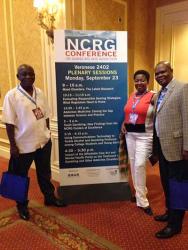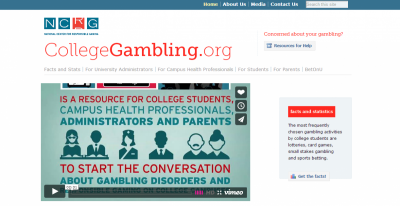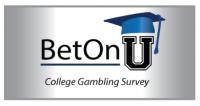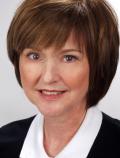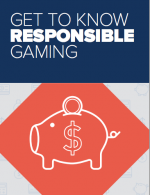
What does ‘responsible gaming’ mean to you? Is it setting a limit before you walk into a casino or play a game with friends? Is it making sure to keep the experience fun, instead of one that gets a person into financial, emotional or otherwise in trouble? To help educate the public and gaming operators about responsible gaming, we are celebrating Responsible Gaming Education Week this week! Each year, the casino industry and the public participate in activities to increase awareness of disordered gambling among gaming industry employees and customers and to promote responsible gaming nationwide. Driven by the American Gaming Association (AGA), this year’s RGEW is helping people around the nation ‘Get to Know Responsible Gaming.’
Back to the question at hand: What does ‘responsible gaming’ mean to you? Did you know there are four keys to gambling responsibly? Take a look below and see how you can apply these four principles the next time you decide to play a card game, go to a casino, purchase a lottery ticket or place a bet on a sports match.
- Responsible gamblers understand that the house holds greater odds of winning than the player.
It’s true. The house generally wins, and the games are set up that way. Knowing that the odds are not in your favor helps you stick to your pre-set limits of time and money when gambling. - Responsible gaming is conducted in a social setting, with family, friends or colleagues.
Gambling should always be done with friends and family – it is the best way to keep you accountable to your limits! - Responsible gaming is done for limited amounts of time, both in frequency and duration.
If you set a limit of how much time and money you’re going to spend while you gamble before you start, it is easier to stick with that plan. - Responsible gaming has both predetermined and acceptable limits for losses.
Any gambling activity should be viewed as entertainment, so make sure to set a loss limit that is appropriate for your own budget.
While these are the four keys to gambling responsibly, there are a few more tips in setting your own guidelines. Take a look:
- The decision to gamble is a personal choice: No one should feel pressure to gamble, or feel that he/she must gamble to be accepted.
- Gambling is not essential for having fun: Gambling should not be perceived as necessary for having fun and being with friends.
- What constitutes an acceptable loss needs to be established before starting to gamble: Any money spent on gambling should be considered the cost of entertainment; people should only gamble with the money they can afford to lose.
- Borrowing money to gamble should be avoided and discouraged.
- There are times when people shouldn’t gamble: Never gamble when under the legal gambling age; when it interferes with work or family responsibilities; when in recovery for addictive disorders; when the form of gambling is illegal; or when trying to make up for prior gambling losses (i.e. ‘chasing’ losses).
- There are certain high-risk situations during which gambling should be avoided: When angry or feeling lonely, depressed or under stress; to solve personal or family problems; or to impress others.
- Excessive use of alcohol when gambling can be risky: Irresponsible alcohol use can affect a person’s judgment and interfere with the ability to control gambling and adhere to limits.
We’ll be highlighting some of these principles and resources to help you play responsibly if you choose to gamble. If you feel like you might need help for a gambling problem, call the toll-free national helpline at 1-800-522-4700 or visit the NCRG’s website and answer thethree question free, confidential surveyfor more information. Stay tuned for more from Responsible Gaming Education Week!
NCRG staffResponsible Gaming


